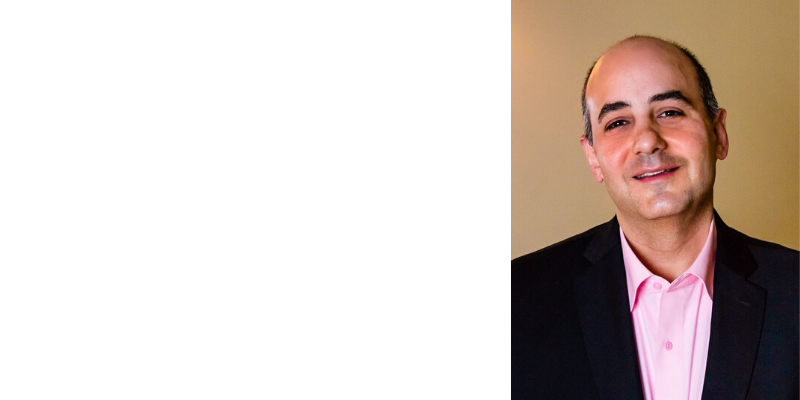What are you doing now and for whom?
I am a Goldman Sachs 10k small Biz business growth coach and provide organizations with employee training & professional development
What common challenges do you encounter as an OD Professional?
An unwillingness on the part of organizations to invest in their people, senior leadership’s inability to view their unconscious biases and a lack of business ownership empathy and emotional intelligence.
Tell us about your commitment to advancing a culture of success in organizations you work with.
I help organizations from start-up to established multinational corporations, non-profits, and Government agencies to chart a strategy for evolution in today’s five-generation American workplace to remain competitive given the tremendous accelerated pace of societal change
What methods, resources, or content does your team create and offer to allow for this type of transformation?
I work with my clients to identify where they are currently, where they want to go, and how to get there. This is most often done by defining, creating, and implementing employee-centric programs to release their people’s untapped potential. Several programs that I have developed for my clients include emotional intelligence, effective communications, relationship-building, teamwork, employee coaching/mentoring, reward and recognition, idea generation, critical thinking/creative problem-solving. I have worked with organizations to re-architect their talent acquisition programs and build diverse and inclusive workplaces by transforming their cultures from 20th Century profit focus to 21st-century employee empowerment.
In what ways does OD work take into consideration the whole individual in experiencing growth and learning?
The employee is the heart of any organization. The challenge is to work with individuals who own and run organizations to adapt their own mindsets and approaches to organizational that lead them away from outdated failed processes of control and asset allocation to employee empowerment and engagement/ This is the heart of my book: “The Compassionate Organization” where I spent five years researching the characteristics and attributes that all great organizations share. And the one consistent universal characteristic is compassionate cultures.
How do you and your clients measure those results? Can you share a specific example?
We conduct employee-based ROIs (considered Human capital audits) to identify the skills, expertise, knowledge, training, and education that each employee possesses that they are empowered to use in determining their own work. These assessments are in actuality employee autonomy audits.
Of the various business transformation initiatives that you’ve spearheaded, how did you get the ball rolling? You go on client active listening tours. Speak to ownership/leadership, the management ranks, then front line staff. I then integrate my finding s by speaking with their clients, vendors, partners, suppliers. I interview their key stakeholders. But at the heart of everything that I do to help organizations transition, is a singular focus on their employees, not just full-time staff but temporary employees, contract workers…everybody.
How do you sell your ideas to senior leaders in the organization?
By throwing back the curtains that blind them to the realities of their organization, how it engages or fails to empower its people and the tremendous gains that can be made by tapping into the riches of talents their people possess that they are not leveraging for lasting competitive advantage.
How have you been able to position yourself as a trusted advisor either internally or externally as an OD Professional?
I really do possess a fairly unique and unmatched background. I spent the first 23 years of my career in corporate America in a number of marketing and product management roles. I have taught business courses on leadership, ethics, organizational behavior, etc. at 9 NY/NJ Universities, and conducted career exploration and workforce readiness talks at over 50 colleges & Universities. I am a Marion Ewing Kaufman Foundation Growth venture trained coach and a business coach for the Goldman Sachs 10k small business program.
I spent the first 5 years in my practice as a career coach, and my first book was “Bulletproof your career in a turbulent time.” I have since then pivoted my focus over the last five years to provide organizational development coaching and strategic business consulting to 250+ organizations including the Fortune 500 (Calvin Klein, JNJ, Goldman Sachs, etc.), family-run businesses, start-up’s as well as over 100 non-profits, Gov’t agencies.
Organizational transformation often takes months and years. How do you maintain momentum for such a long period?
As you’re undertaking a transformation, how do you spread the word about what’s happening within the organization? I work with the power brokers to develop a 365-day communication editorial calendar with an action plan and a pre-funded budget. We go inside and outside the organization but ALWAYS with an emphasis on full and complete transparency in communicating with employees. No organization has EVER gotten into trouble for communicating its vision, mission, values, and employee-driven OD initiatives too much.
Do you have any final lessons that you’d like to share?
Start small…think big…begin now. Apply a ready, fire, aim approach. Always, always engage your people in meaningful discussions. Stop hiring for job descriptions, get rid of those destructive performance reviews, understand that people are really bad at evaluating others, start seeking superhero qualities. Hire the best attributes and you can always train those superstars on how to get the work done. Management is a dirty word in my book. Management is a leftover vestige of a bygone 20th century with a destructive focus on profits. Work with organizations to shift their focus to their people. Start understanding, learning and then training our 21st-century transformational leaders.




